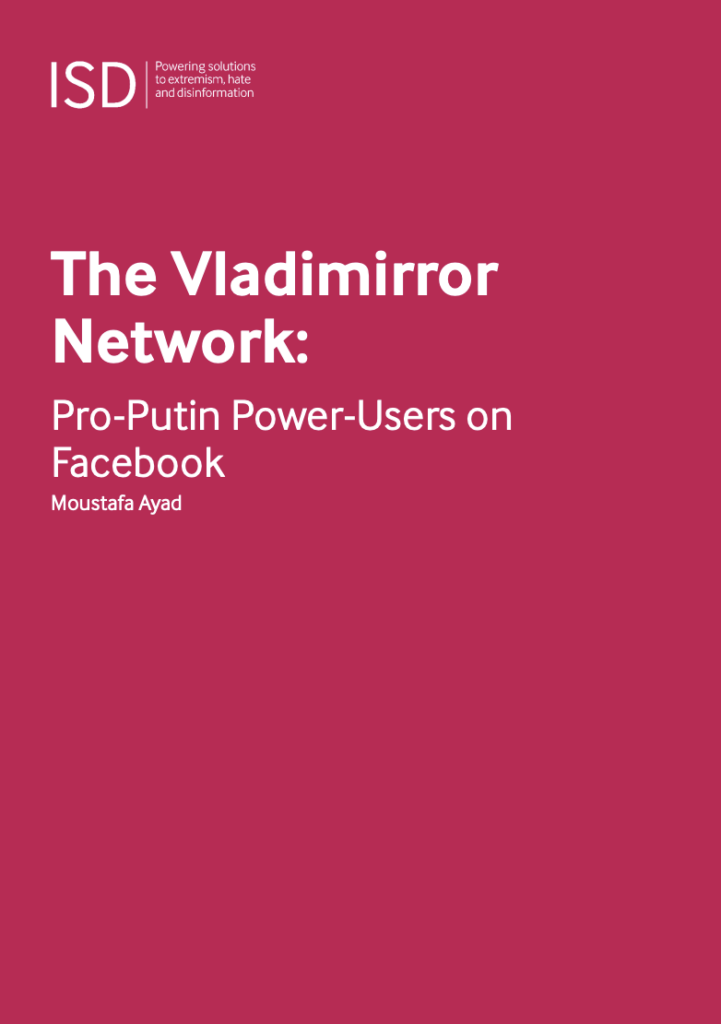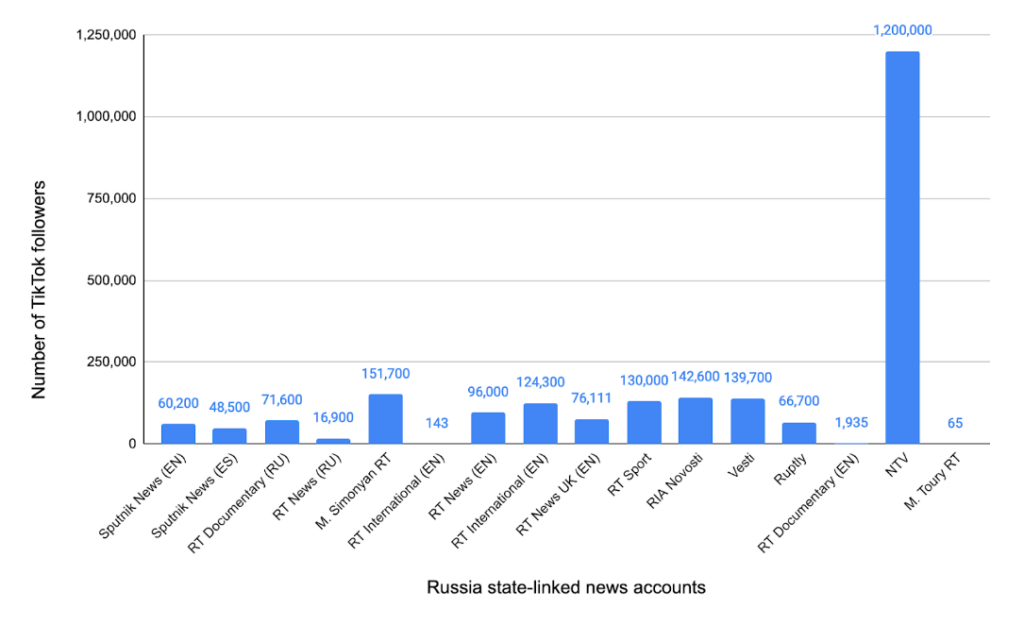Latvian online news agency Meduza is reporting that the Russian web giant Yandex has played an important role in disseminating Kremlin propaganda about the war in Ukraine by withholding credible information from its users. According to the report:
May 6, 2022 In late April, Russian Internet giant Yandex announced it was selling its news service, Yandex.News, and its personal recommendations service, Yandex.Zen, to the social networking company VKontakte (VK). […] Since Russia’s invasion of Ukraine began, these products (just like Yandex overall) have faced a barrage of criticism for misleading millions of users by withholding credible information about the war while leaving up inaccurate information from pro-Kremlin sources.
Read the rest here.
According to the report, the “top news” section on the Yandex homepage has been drawing exclusively from a whitelist comprising 15 government-approved news outlets for several years. According to Meduza, Yandex’s picture search also misled users by displaying pleasant pictures of tourist sites when searching for “Bucha,” leaving out any info on the mass atrocities committed by Russian soldiers there.
In March 2022, a London-based NGO seeking to disrupt and down-rank disinformation sites reported that Yandex was among a group of Russian disinformation websites still allowed to monetize Google ads. Although the EU and the US have banned several Russian state-backed media outlets over their disinformation on Ukraine, Russian propaganda still reaches global audiences through various channels.
In March 2022, Russia’s parliament passed a law making illegal public actions aimed at “discrediting” Russia’s army. The law also bans the “public dissemination of deliberately false information about the use of the Armed Forces of the Russian Federation,” whereby deviations from the Kremlin’s official statements are already classified as “false information.” For now, the Kremlin’s media campaign appears to have rallied public opinion behind Russian President Putin among the Russian population.
In April 2022, the Global Influence Operations Report (GIOR) reported that Russian influence operations are succeeding outside Western information spaces where antipathy for the West is deep and sympathy for Russia real. We have also extensively reported on China’s amplification of Russian disinformation.












